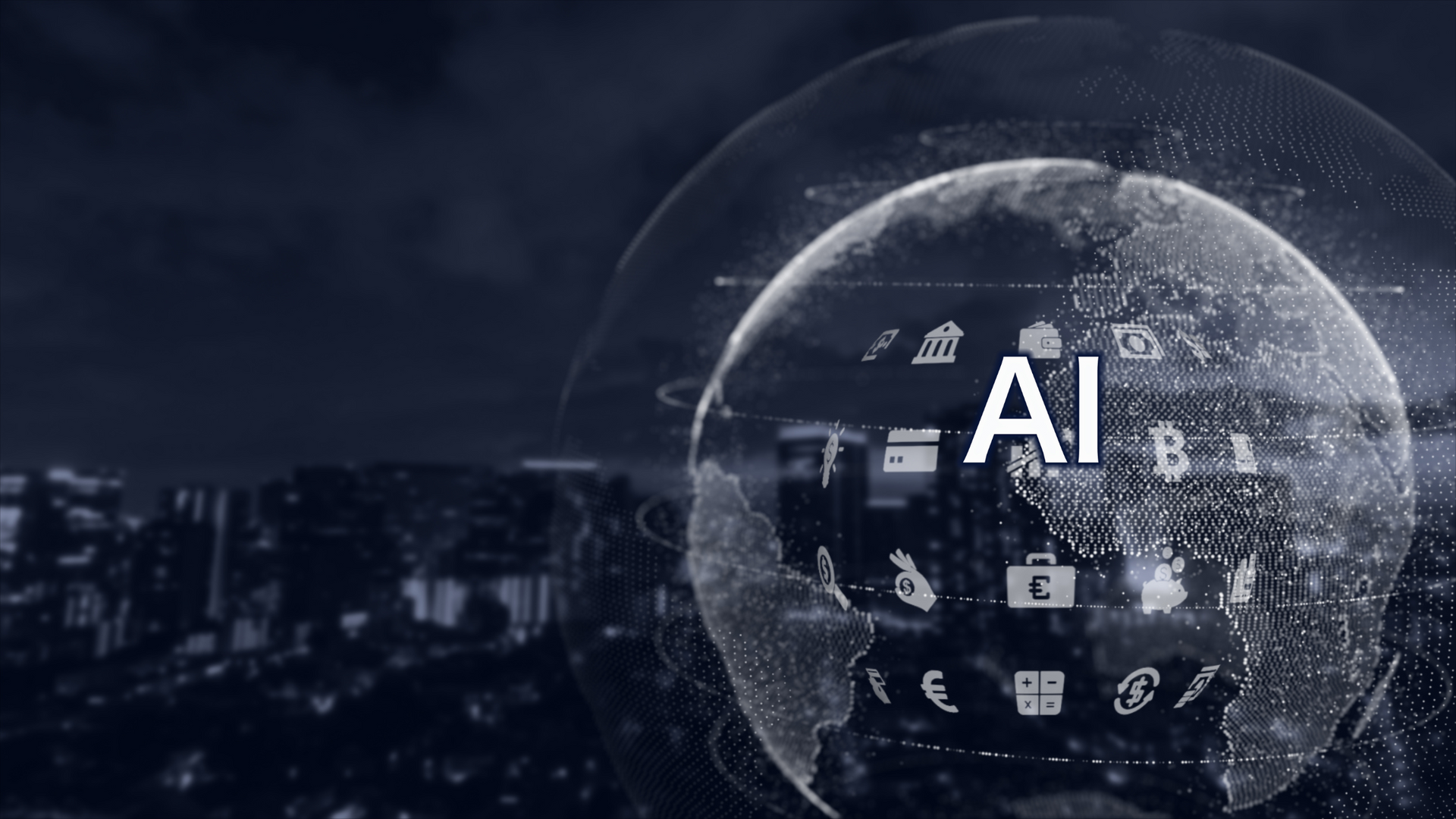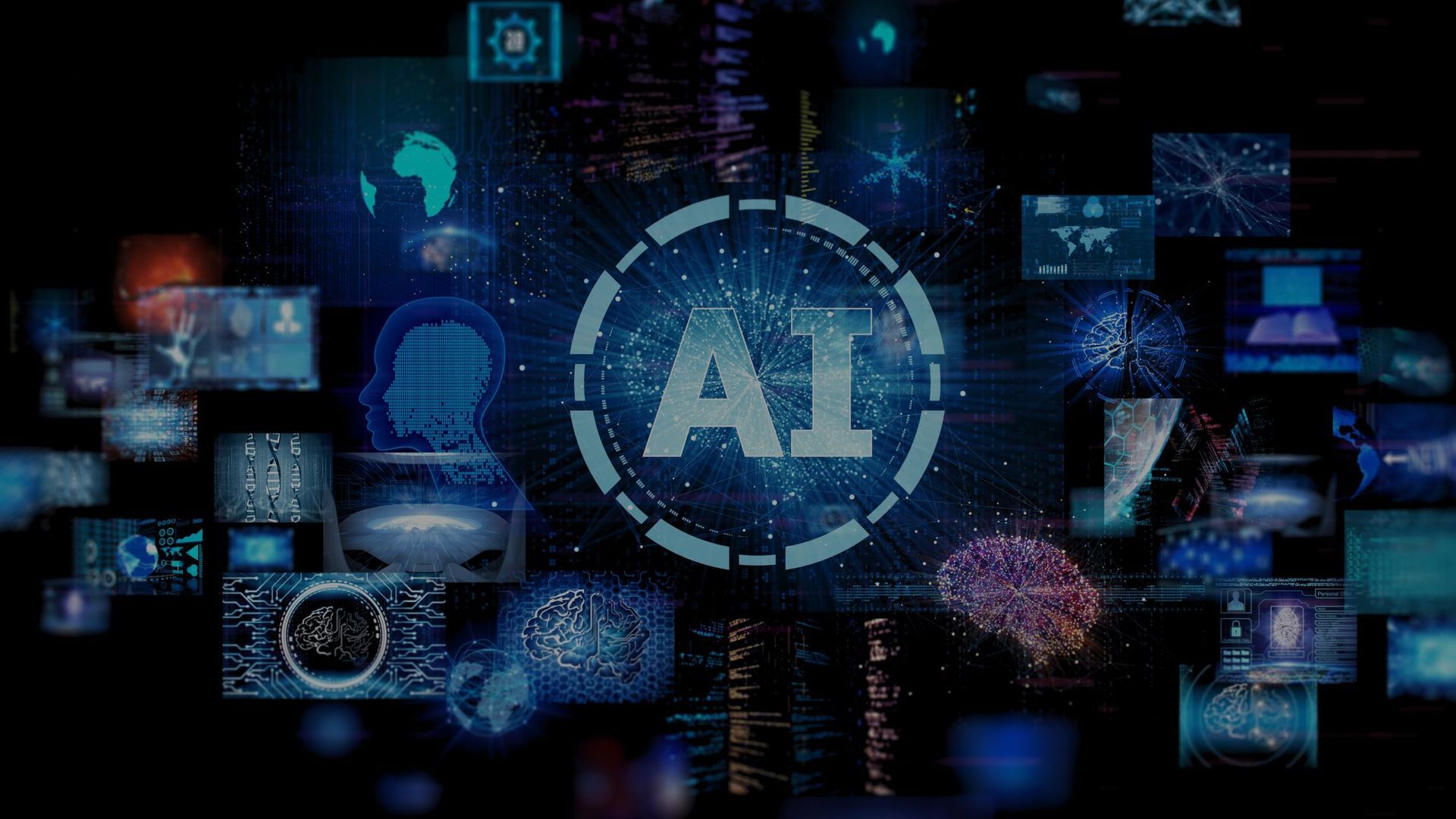AI Trends 2025
AI Market Overview
The artificial intelligence (AI) and machine learning (ML) job market is undergoing rapid transformation, with significant investment and adoption across industries. AI is no longer confined to tech giants; it is now a core part of sectors such as finance, healthcare, manufacturing, and retail. The AI economy is projected to contribute over $15.7 trillion to the global GDP by 2030, with automation, machine learning, and generative AI driving efficiencies and innovation.
Companies are leveraging AI to optimise operations, enhance customer experiences, and develop new business models. With AI adoption accelerating, demand for skilled professionals continues to outpace supply, making talent acquisition a key challenge for businesses looking to stay ahead in an AI-driven world.
Growth in AI Job Opportunities and Employment Projections
2025 Talent Trends and Future Predictions
As AI and Machine Learning technologies evolve, several key talent trends are emerging:
01
Emerging Job Titles
The AI landscape is giving rise to specialised roles such as AI Ethicists, AI Product Managers, and Prompt Engineers. AI Ethicists ensure that AI systems operate fairly and transparently, addressing ethical dilemmas in AI deployment. AI Product Managers oversee the development and implementation of AI-driven products, bridging the gap between technical teams and business stakeholders. Prompt Engineers specialise in crafting inputs that guide AI systems to produce desired outputs, particularly in generative AI applications.
02
Gen AI and LLMs
The rise of generative AI and LLMs is revolutionising content creation, customer service, and more. Professionals skilled in developing and fine-tuning these models are increasingly sought after as businesses aim to leverage these technologies for innovative applications.
03
Ethical AI & Governance
With AI becoming more ingrained in decision-making, regulatory bodies are increasing their focus on AI governance and responsible development. Companies hiring AI professionals will need to consider ethical AI implementation.
04
AI Democratisation
Low-code and no-code AI platforms are making AI more accessible to non-technical users, but there remains a strong demand for specialists who can develop, refine, and manage AI models effectively.
AI and ML Roles in Demand
The expanding AI market has led to high demand for various specialised roles, including:
- Machine Learning Engineers: Responsible for designing and implementing ML algorithms and models. Proficiency in programming languages like Python and frameworks such as TensorFlow is essential.
- AI Product Managers: Oversee the development and deployment of AI-driven products, requiring a blend of technical AI knowledge and business acumen to align product development with organisational goals.
- AI Ethicists: Ensure that AI systems adhere to ethical standards and regulations, addressing issues related to bias, transparency, and accountability.
- Prompt Engineers: Specialise in crafting effective prompts to optimise the outputs of generative AI models, playing a crucial role in applications involving large language models.
- Data Scientists: Analyse complex data to extract insights and inform AI solutions, requiring strong skills in statistical analysis and data visualisation.
AI and ML Skills in Demand
To thrive in the AI job market, professionals should develop the following key skills:
- Programming Proficiency: Expertise in languages such as Python, R, and Java is fundamental for developing AI models and applications.
- Machine Learning Frameworks: Familiarity with tools like TensorFlow and PyTorch is crucial for building and deploying machine learning models.
- Natural Language Processing (NLP): Understanding of NLP techniques is vital for developing applications that involve human language, such as chatbots and language translation services.
- Data Analysis and Visualisation: Ability to analyse and visualise data to derive actionable insights is essential for informing AI strategies and solutions.
- Ethical and Regulatory Knowledge: Awareness of the ethical implications and compliance requirements associated with AI deployment is increasingly important as regulations evolve.
Advice for Hiring Managers
To attract and retain top AI talent, hiring managers should consider the following strategies:
Offer Competitive Compensation
AI professionals are in high demand, making it essential to provide attractive salary packages, bonuses, stock options, and benefits. Competitive pay, along with perks such as remote work flexibility and professional development opportunities, can make a company more appealing to top candidates.
Partner with Specialised Recruitment Firms
Agencies like Mason Alexander, which specialise in AI recruitment, can provide access to niche talent pools and industry specific insights. They can also help businesses benchmark salaries, attract passive candidates, and navigate hiring challenges.
Strengthen Employer Branding in AI
AI professionals are drawn to companies that foster innovation and ethical AI development. Showcasing successful AI projects, research initiatives, and company culture on platforms like LinkedIn and industry events can help attract top talent.
Streamline the Hiring Process
AI talent is often secured quickly by competitors. Optimising the recruitment process by reducing unnecessary interview rounds, leveraging AI-driven hiring tools, and ensuring clear communication can help prevent losing top candidates due to slow decision-making.
Invest in Upskilling and Continuous Learning
Companies that prioritise AI training programs, mentorship, and certification support can attract candidates who value professional growth. Encouraging employees to stay updated on AI trends ensures long-term retention and competitiveness.
Encourage a Collaborative Culture
AI development often requires cross-functional teamwork between engineers, data scientists, and business leaders. Creating a collaborative work environment, promoting knowledge-sharing, and ensuring strong leadership support for AI initiatives can enhance employee satisfaction and retention.
AI & Machine Learning Recruitment News and Insights
Looking to hire top AI & ML talent?
Fill in the form or contact us via email or phone: hello@masonalexander.ie
+353 1 685 4414







